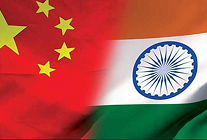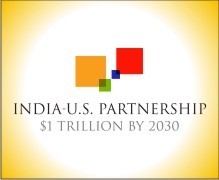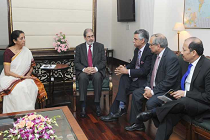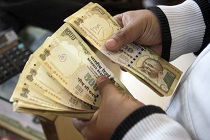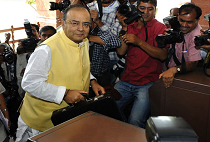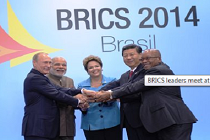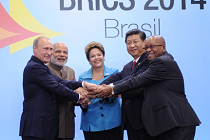India’s curious stand at WTO
India’s decision to block the Trade Facilitation Agreement at the World Trade Organisation in July was perplexing; the confusion was compounded because India was almost alone in its position. This policy perspective explains the reasons for India’s curious stand


